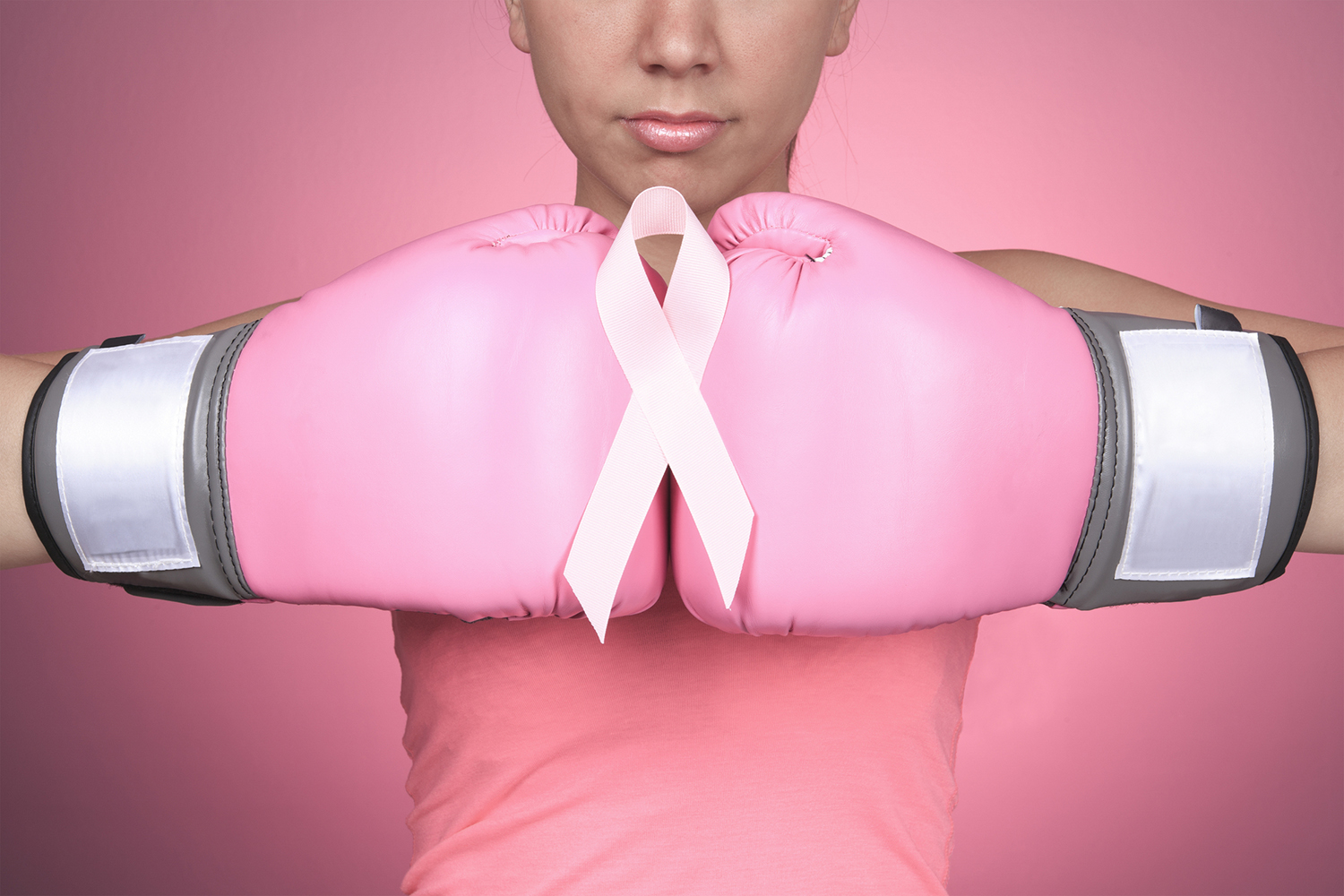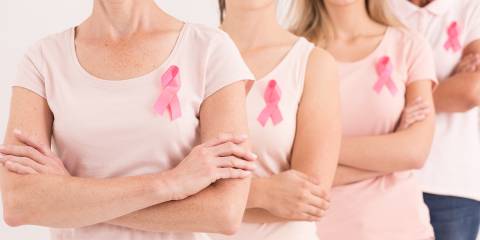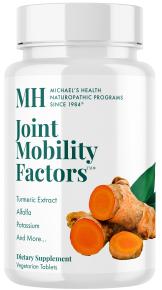While these are important, even essential, one factor many women may not consider is the importance of optimal detoxification. Here we answer some common questions about the connection between environmental toxins, detoxification and breast health.
Questions About Breast Health and Detox
-
Can our environment cause breast cancer?
We know that some of the toxins we are exposed to are, in fact, carcinogens or cancer causing; however, cancer is a multifactorial illness with more than one cause. That said, the scientific literature is making it clear that many toxins we are exposed to can contribute to our risk of developing cancer.
Environmental toxins that have been linked to breast cancer include: pesticides, heavy metals, organochlorines (DDT, hexachlorobenze, dioxins), and air pollutants.
This link is why it becomes so critical to try to reduce our exposure and support the body’s innate ability to detoxify these chemicals.
-
Because we are exposed to toxins in the air, water and even the foods we eat, it can be overwhelming. Is there anything really that we can do?
It’s true that these toxins have become omnipresent and our exposure is extensive. It’s also true that we can limit some of our exposure to environmental toxins.
The key is to focus on controllable risks. For example, avoid second-hand smoke, don’t microwave foods in plastic, and choose organic foods when possible.
Another key part of a detoxification strategy is to improve our defenses. We can support the body’s ability to get rid of the toxins by exercising, maintaining adequate hydration, obtaining sufficient sleep, eating foods that support detoxification such as cruciferous vegetables (cauliflower, cabbage, kale, broccoli) and taking certain dietary supplements.
-
Which dietary supplements support optimal detoxification?
The good news is that there are dietary supplements that support detoxification.
Generalized detoxification support for women may include the following key ingredients:
-
Glutathione
This “master antioxidant” is critical for elimination of environmental pollutants and is a key nutrient for optimal liver function.
We recommend Setria glutathione for effective detoxification.
-
Green Tea
Studies show that EGCG, the active compound in green tea stimulates important detoxification enzymes, stimulates cell repair, and can block DNA-damaging effects of environmental toxins.
-
Milk Thistle Extract (Silybum marianum)
This herb contains potent liver antioxidants, which also support the processing of toxins into nonreactive compounds that are excreted before they can cause harm.
-
Fiber
One of the keys to detoxification is healthy bowel function and fiber supplements improve bowel regularity and stool consistency that also facilitates the removal of toxins and prevents their reabsorption back into the blood.
-
-
How do I start a detoxification program?
It is best to develop an individualized plan under the guidance of a trained healthcare professional who specializes in environmental medicine. Naturopathic doctors, holistic and integrative conventional doctors, and integrative chiropractors represent a good place to start your search for a provider.






